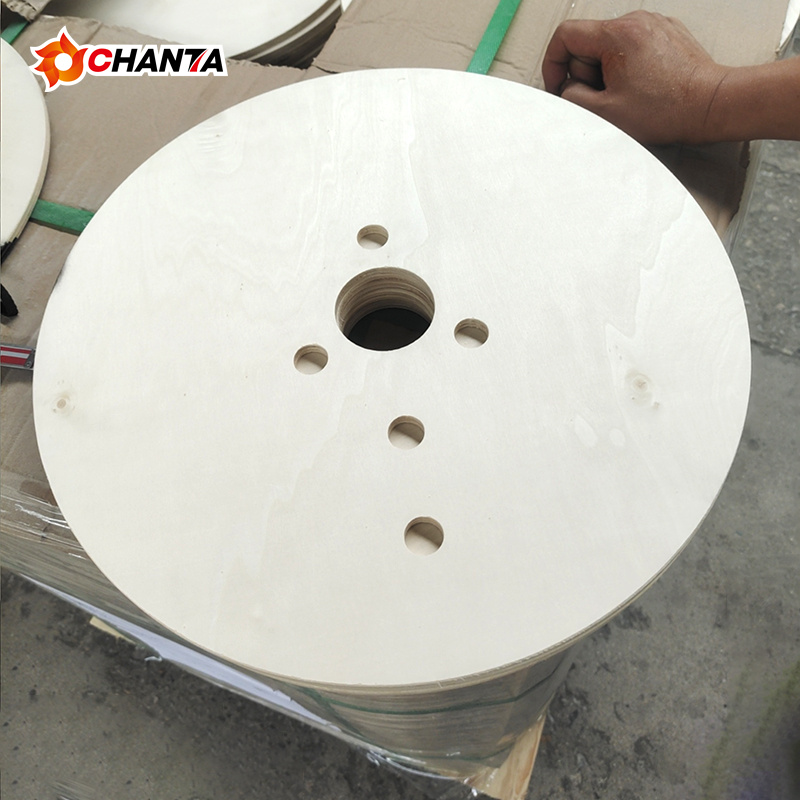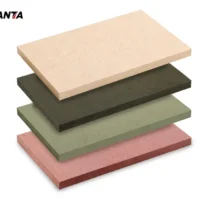Table of contents
Why Plywood Weight Matters in Your Project
Before diving into specific numbers, let’s clarify why the weight of plywood is such an important factor. When you’re moving large panels or planning loads for a truck or a floor system, even small differences in weight can affect safety, cost, and installation effort. Choosing the right plywood not only depends on thickness and wood type—it also means balancing strength with ease of handling.
If you’re planning a building project, knowing the weight of a 4×8 sheet of plywood is more than just trivia—it’s essential for transport, handling, and structural planning. Whether you’re a DIYer, contractor, or furniture manufacturer, understanding how plywood weight varies helps you make smarter choices for your needs.

Factors That Affect the Weight of a 4×8 Plywood Sheet
A standard 4×8 sheet plywood might look uniform at first glance, but several key factors influence its final weight:
1. Thickness
The most obvious factor is thickness. A thicker board contains more material and therefore weighs more. Here are a few typical examples:
- 1/4 inch (6mm): 20 – 25 lbs (9 – 11 kg)
- 1/2 inch (12mm): 40 – 45 lbs (18 – 20 kg)
- 3/4 inch (18mm): 60 – 70 lbs (27 – 32 kg)
2. Wood Species and Core Type
Not all plywood is made equal. Softwoods like pine or fir are lighter than hardwoods like birch or maple. The core construction also matters:
- Solid Core Plywood (full wood layers) tends to be heavier
- Veneer Core or MDF Core (with layers or composite material) can vary in density
For example, Baltic birch plywood is denser and heavier than lauan or fir plywood, even at the same thickness.
3. Moisture Content
Wood naturally absorbs moisture, which adds weight. Plywood stored in a humid environment will weigh more than kiln-dried or well-conditioned sheets. Always account for this if you’re working in coastal or rainy areas.
Average Weight by Type and Thickness
To give you a clearer picture, here’s a quick overview of average weights by type:
| Type of Plywood | Thickness | Approx. Weight (lbs) |
|---|---|---|
| Softwood (Pine/Fir) | 3/4″ | 60 – 65 |
| Hardwood (Birch) | 3/4″ | 65 – 75 |
| MDF Core | 3/4″ | 85 – 90 |
| Marine Plywood | 3/4″ | 70 – 80 |
Keep in mind: these are general estimates. Always check manufacturer specifications for exact values.
How to Calculate the Weight Yourself
If you’re dealing with an uncommon type or thickness, you can estimate the plywood’s weight using its density (in pounds per cubic foot). Multiply:
Length × Width × Thickness × Density = Weight
For example:
- A 4x8x3/4” (0.75″) sheet is 2 cubic feet.
- If the density is 35 lbs/ft³, the sheet weighs about 70 lbs.
This method comes in handy when buying specialty plywood or composite boards.
Conclusion: Choose Wisely, Lift Safely
In the end, knowing how much a 4×8 sheet of plywood weighs isn’t just about numbers—it’s about preparation. Understanding the materials you’re working with helps you:
- Plan safe transportation
- Avoid structural overloading
- Make lifting and installation easier
Next time you’re at the lumber yard or browsing specs online, don’t forget to factor in weight. A well-informed choice makes for a smoother, safer project—every single time.
Articles that you might be interested in
















1 Comment